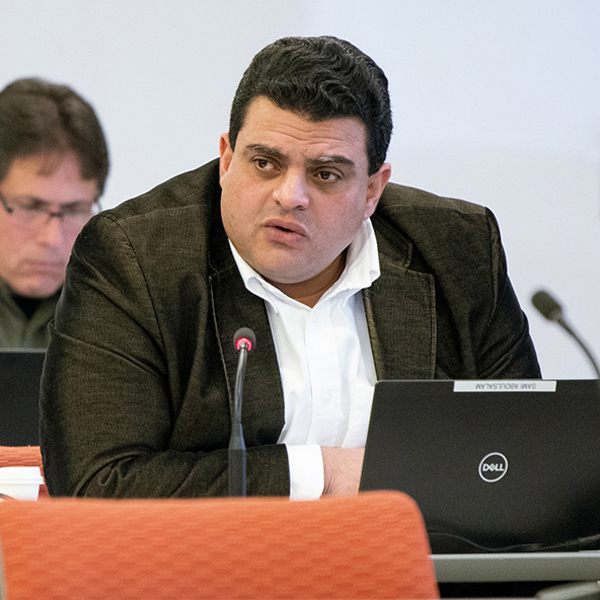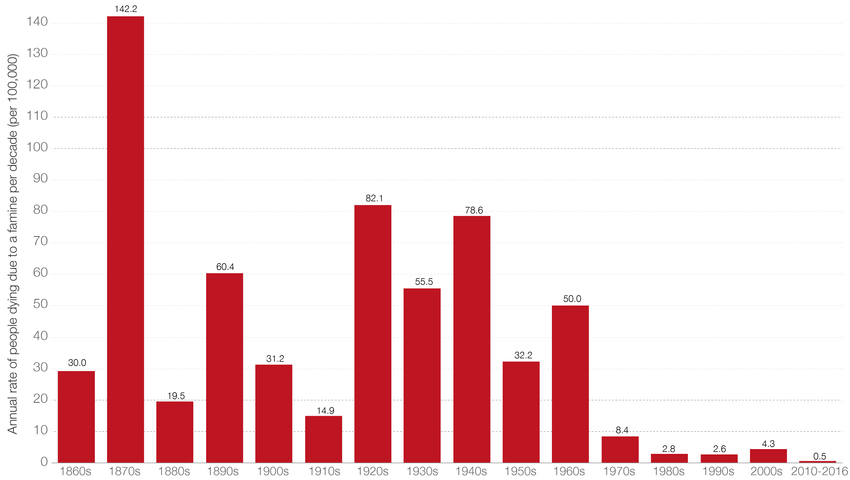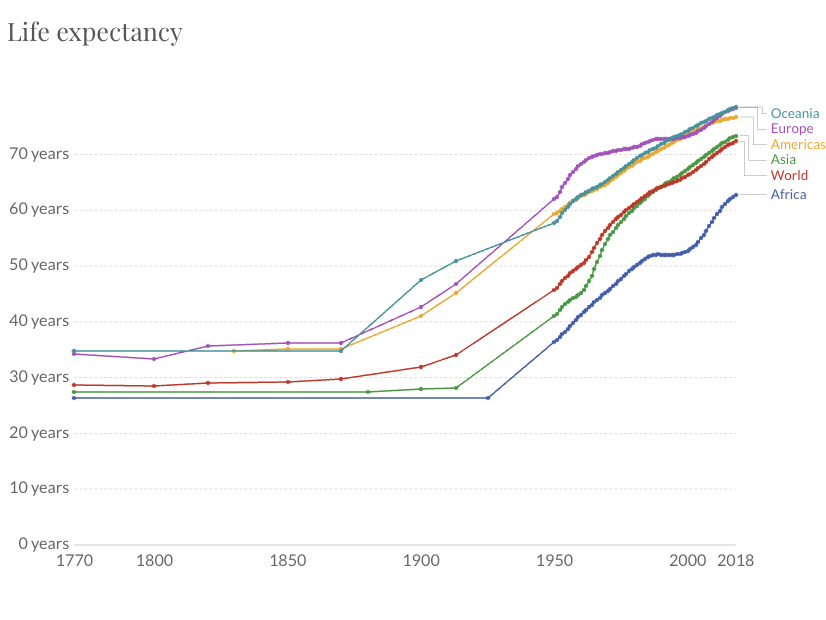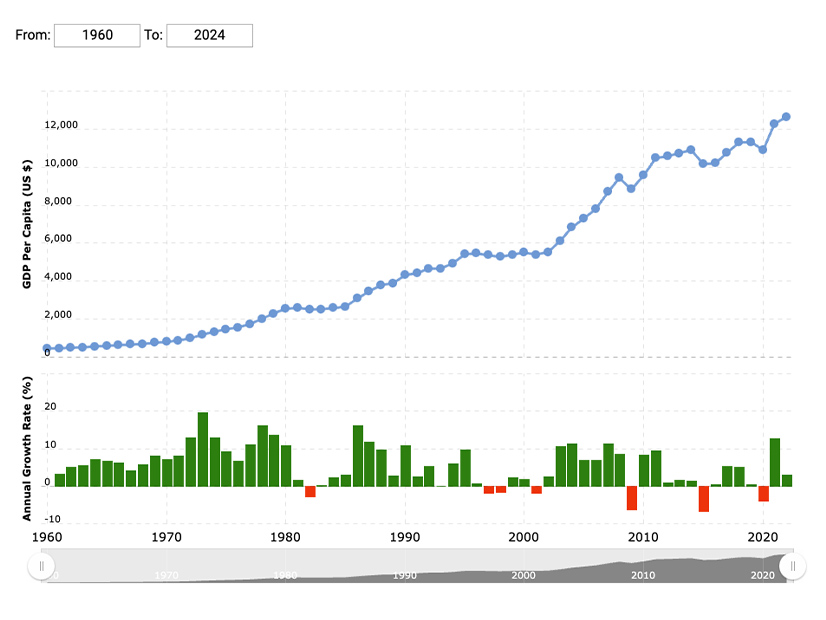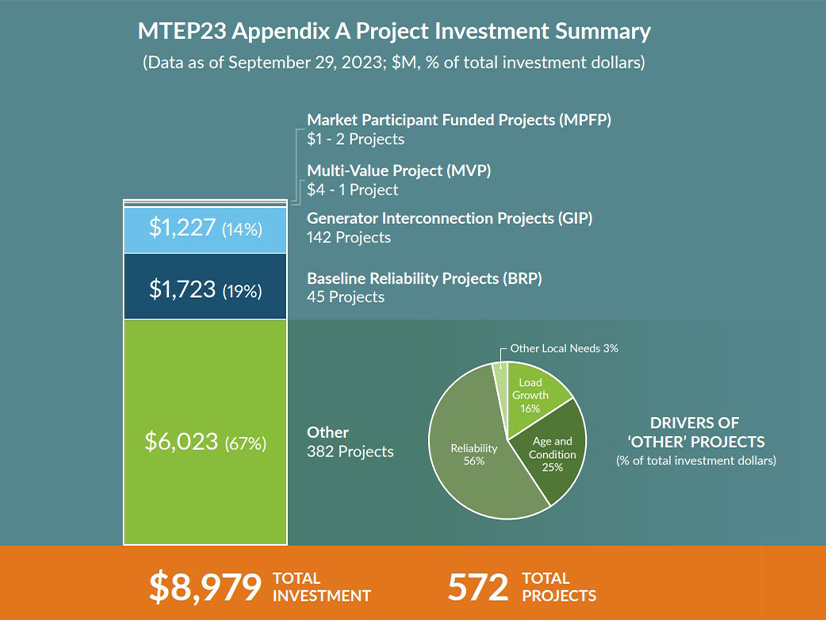Planning Committee
PJM 2024 Load Forecast Sees Jump from EVs, Data Centers, Heat Pumps
PJM’s preliminary load forecast for 2024 sees higher growth for both summer and winter, driven by electric vehicles, data centers and state incentives for heat pumps.
The 15-year annualized growth rate increased to 1.6%, doubling the 0.8% growth rate in the 2023 forecast, with the difference between the two forecasts accelerating in later years, said Molly Mooney, who presented the forecast to the Planning Committee on Dec. 5.
The 2027 preliminary forecast is 4.4% higher than the 2023 forecast (6,600 MW) while the 2038 preliminary figures are 13.9% higher (22,400 MW).
The main drivers behind rising summer loads are EVs and data centers, which respectively contributed 3,700 MW and 4,000 MW in load growth over the 2023 forecast, without which Mooney said summer loads would remain largely flat. Solar generation reduced summer loads by 200 MW and energy efficiency provided a 750 MW reduction.
The 15-year outlook for winter loads increased to a 1.9% annualized growth rate over the 0.9% in the 2023 forecast.
The main policy change affecting the winter load forecast is New Jersey’s Executive Order 316, which has a goal of electrifying 400,000 homes and 20,000 commercial buildings by 2030. (See “Transitioning Commercial Buildings,” NJ Advances Multifaceted Building Decarbonization Strategy.)
Mooney said this is the second year that PJM conducted the study using hourly forecasting rather than the daily peak methodology previously used. The commercial and residential data used in the study is based on 2013-2022 census figures.
This was the first year that S&P Global was contracted to provide estimates of plug-in EV data. The company forecasted that there would be around 7.5 million such vehicles in PJM’s footprint by 2030. The Met-Ed territory is expected to see the largest number of medium and heavy duty EVs, owing to the large number of warehouses and shipping corridors in its region.
Transmission Expansion Advisory Committee
Second Read of $5 Billion in RTEP Projects
PJM reviewed its proposed $5 billion package of transmission projects in the third window of the 2022 Regional Transmission Expansion Plan (RTEP), which is primarily aimed at addressing data center load growth in northern Virginia and generation retirements. (See PJM Recommends $5B in RTEP Transmission Projects.)
PJM’s Sami Abdulsalam said the proposal is the most efficient, cost-effective and resilient set of solutions of the 80-plus project combinations staff analyzed. The package would construct new 500-kV lines from northern Virginia out to the Peach Bottom substation to the northeast, the 502 Junction substation to the northwest and the Morrisville substation to the south.
When considering the 72 proposals PJM received during the competitive process, Abdulsalam said staff prioritized cost, maximizing use of existing rights-of-way and scalability.
PJM Senior Vice President of Planning Ken Seiler said the concerns members of the public have raised during previous TEAC meetings and letters to the Board of Managers have been noted. Many of the objections centered around siting issues, which he said will be the focus of the routing process transmission owners would go through after possible board approval.
“This is a pretty significant body of work and we’ve received a lot of pushback and a number of letters from residents … we’ve heard from you,” Seiler said.
PJM included with its meeting materials an FAQ detailing its role in selecting the proposals in the window.
First Window of 2023 RTEP Set for Board Consideration in February
Abdulsalam presented a first read of three projects being added to PJM’s recommended transmission expansion in the first window of its 2023 RTEP, which is set to go before the Board of Managers for approval in February.
The window includes a $42.05 million project to address an overload of APS’ Belmont 765/345-kV transformer by replacing the equipment with a new transformer bank; a $10.22 million rebuild of Commonwealth Edison’s 138-kV Haumesser Road-West DeKalb Tap line; and a $7.75 million proposal to add three 345-kV circuit breakers to ComEd’s Cherry Valley substation.
The three proposals join several projects in the first window aimed at addressing reliability issues identified in the Public Service Enterprise Group, PECO Energy, Dayton Light and Power, American Electric Power (and Ohio Valley Electric Corp. zones.
Abdulsalam presented a second read of the existing projects, which amount to around $42.4 million. The proposals include:
-
- Replacing 230-kV and 345-kV fixed shunt reactors with higher rated variable reactors for $29.6 million to resolve high voltage issues around PSEG’s Waldwick substation;
- Replacing an over-duty 345-kV circuit breaker at AEP’s Olive substation for $1 million;
- Replacing breakers, switches and other equipment owned by AEP and OVEC at the Kyger Creek station for $1.16 million; and
- Reconductoring 8.8 miles of DPL’s Silver Run-Cedar Creek double-circuit 230-kV line and replacing infrastructure at both substations for a total of $8.7 million.
